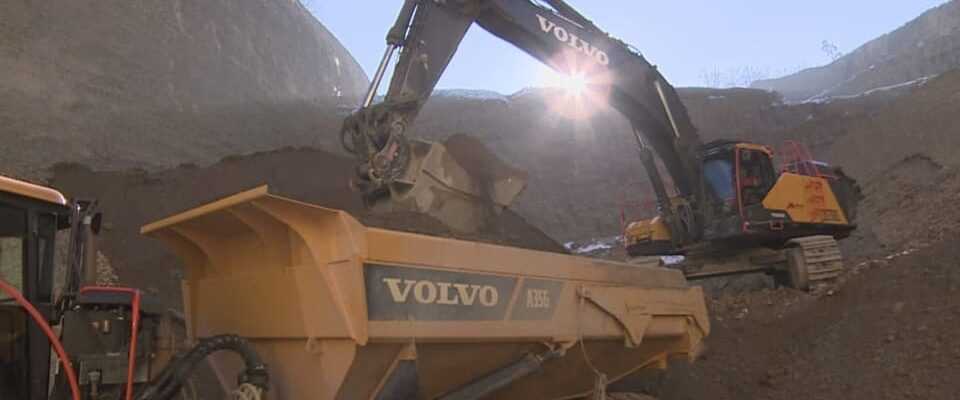contents
The gravel industry has great political influence: Important regional planning bodies are questionably composed.
The Bernese justice director Evi Allemann reacted astonished to the research of the “Rundschau” and speaks plainly: “The canton has drawn up a manual and it is clear that co-financing by the industry does not make sense.” Allemann is criticizing the Biel/Seeland region and its specialist conference for gravel pits: the gravel association pays half of the commission costs in the Bernese Seeland. And at the same time sits at the table with voting rights. Explosive: The committee draws up the regional structure plan and determines for years where gravel can be mined.
Felt accusation of the gravel pit opponents
In the small Seeland farming village of Walperswil, the regional gravel baron Hurni AG wants to massively expand an existing pit. The opponents of the project feel disadvantaged: “The head of Hurni AG sits personally at the meeting table when it is discussed where he wants to earn money in the future.” That doesn’t work at all, criticizes gravel pit opponent Franz Ehrler. He is also outraged by the fact that the gravel industry is co-financing the commission: “Who pays commands!” says Ehrler.
The gravel industry finances the responsible commission
Madeleine Deckert from the Biel/Bienne region defended the regime with an obligation to withdraw from her own project. The committee is responsible for regional planning. President Deckert: “We maintain a partnership approach” and the region can fully support the planning, said the President. Deckert also sees no problem with the criticized part-financing of the Commission. Independence is guaranteed.
Legend:
SRF
Hurni AG did not want to comment on the “Rundschau”. But the commission in the Bernese Seeland is not the only one with questionable rules. Research by the “Rundschau” also brought to light anomalies in the Bern-Mittelland region.
Powerful group of companies dominates important body
In the Bern-Mittelland region, a “working group” is advising the regional authorities on gravel mining. Thanks to an insider tip, the “Rundschau” knows which companies represent the industry: two seats are occupied by the powerful Alluvia Group. The third seat by a company in which Alluvia has a stake. Here, too, spatial planning director Evi Allemann speaks plain language: “The composition of the delegation does not seem to me to be sufficiently balanced. I would highly recommend reconsidering this composition.
The Bernese gravel king speaks of “a coincidence”
Alluvia boss Gerd Aufdenblatten sits personally in the working group. “I am the elected representative of the gravel association. And not company representatives of Alluvia.» Therefore there is no problem there. He does his work in the interests of the entire industry. According to Aufdenblatten, the composition of the advisory working group is “coincidence” and has arisen that way.
Weko continues to investigate after millions in fines
The gravel industry in Bern has been suspected of being a cartel since 2015. In 2019, in a first trial, Weko sentenced the Alluvia Group and the Kästli company to a record fine of 22 million francs. This procedure is currently pending at the Federal Administrative Court. The Weko did not want to comment on the research of the “Rundschau”.

